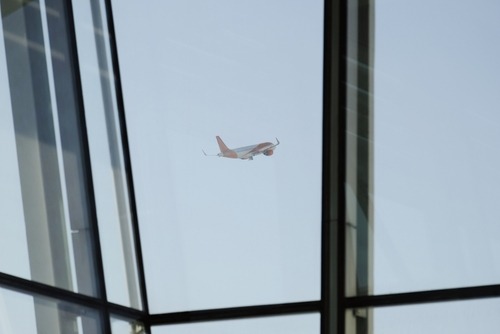
In the wake of a new consensus study conducted by the National Academies, U.S. Rep. Peter DeFazio (D-OR), chair of the House Transportation and Infrastructure Committee, called on the Federal Federal Aviation Administration (FAA) to overhaul its Transport Airplane Risk Assessment Methodology (TARAM).
“The TARAM report released today by the National Academies—mandated under my 2020 bipartisan aviation safety law—makes it very clear that the FAA can better fulfill its responsibility to effectively and consistently collect and use data to advance passenger safety,” DeFazio said.
The study was a requirement of the aforementioned 2020 Aircraft Certification, Safety, and Accountability Act, which followed the Transportation and Infrastructure Committee’s Boeing 737 MAX investigation findings, as related to FAA’s TARAM analysis. TARAM is a process for calculating risk associated with continued operational safety issues within the U.S. transportation airplane fleet.
In its own assessment, the National Academies recommended extensive improvements to various areas of TARAM, including: the accessibility, extent and quality of input data; systematic risk modeling, consideration of and characterization of uncertainty in data and guidance; and improving the quality of the decision-making process based on TARAM results. Further, it called for future incorporation of human reliability, software reliability and uncertainty analysis into the TARAM process, along with a risk importance ranking.
“The FAA must implement the critical recommendations included in this report without delay, and it should be voluntarily and fully participate in the National Academies’ process of producing these reports going forward,” DeFazio said. “If adopted, the recommendations offered by the National Academies will help the aviation industry to improve the safety of air travel in the future, something the industry should be striving to do every day.”